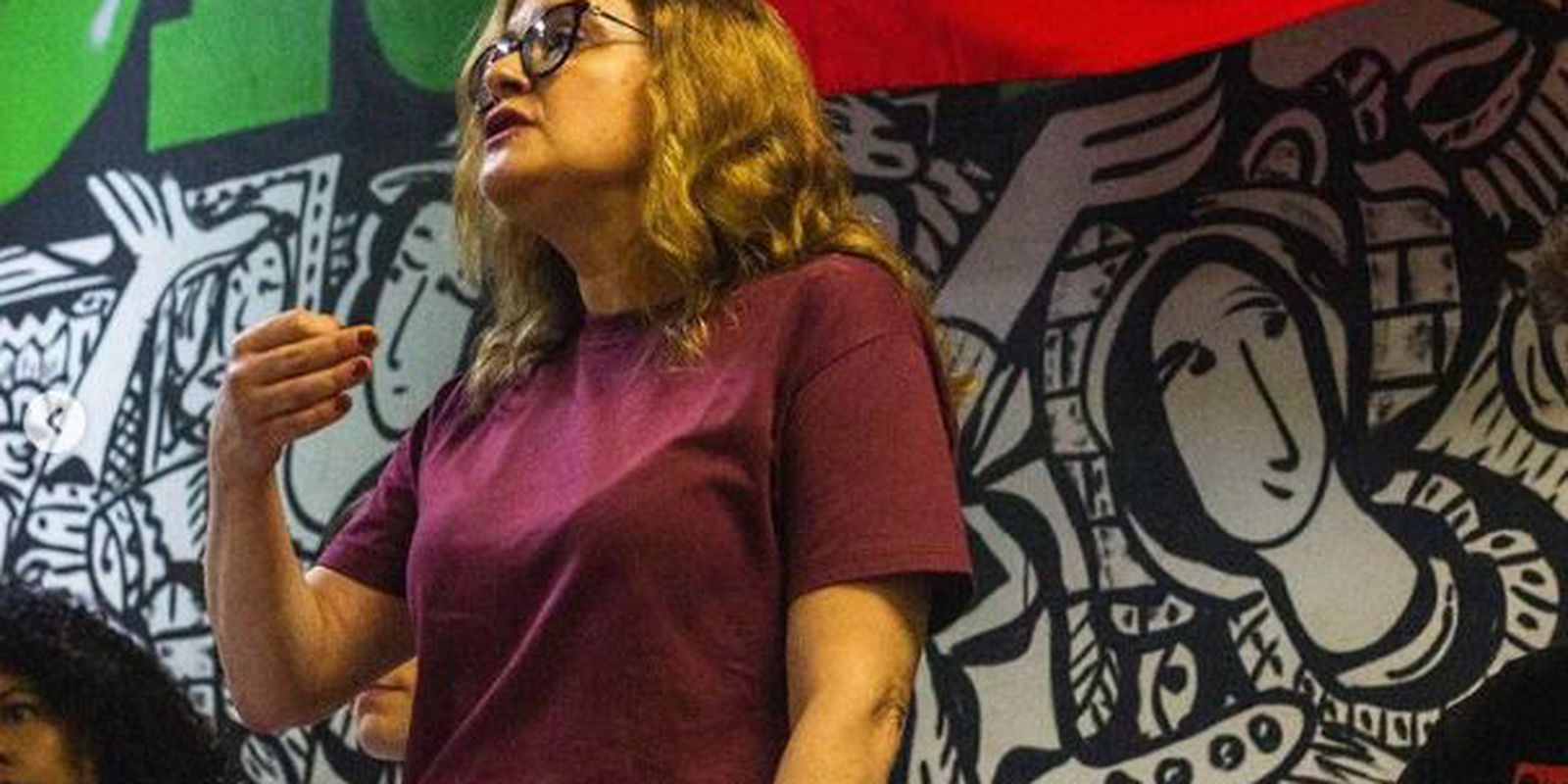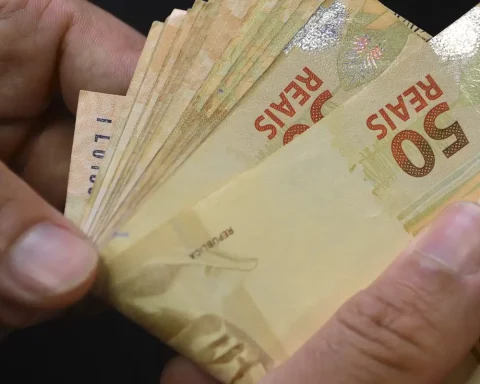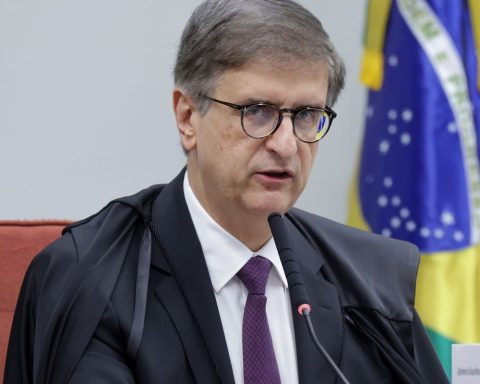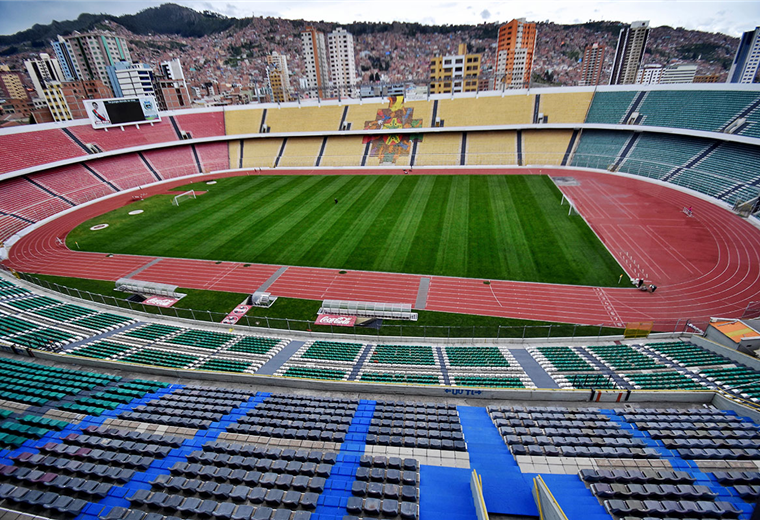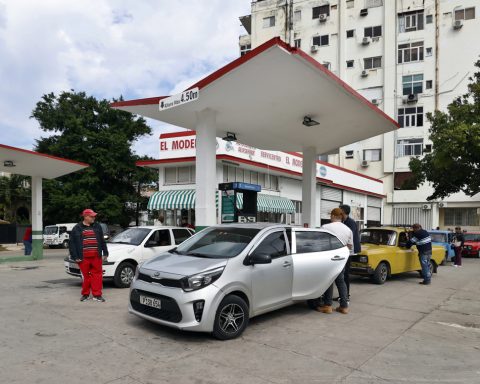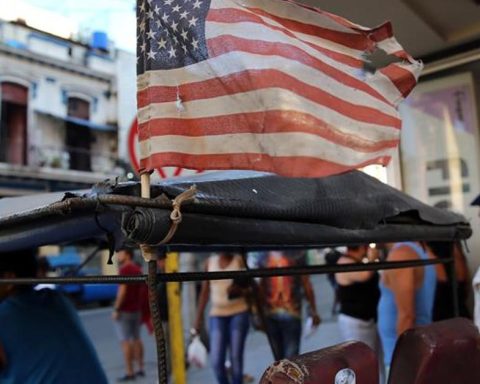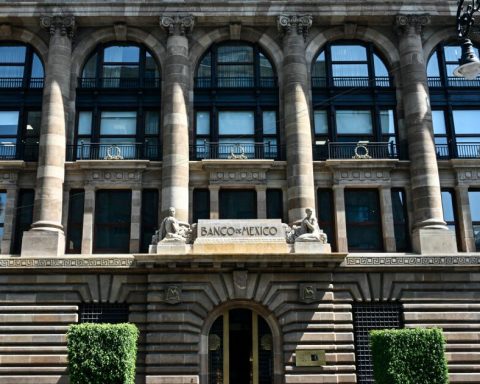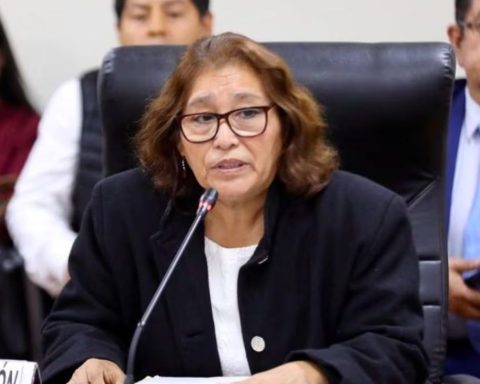Entitled An Anti-capitalist and Anti-imperialist Program for Brazil, the government program by the PCB presidential candidate, Sofia Manzano, has 19 pages. The document presented to the Superior Electoral Court (TSE) presents itself as an “ideological tool of struggle”.
The proposals are divided into two major areas: an emergency program, which brings together “immediate demands of the working class in the fight against the bourgeois offensive”; and the program of the Brazilian revolution, with proposals for the reorganization of the economy.
In the emergency program, there are 21 points, from the “repeal of all neoliberal counter-reforms”, the creation of a social responsibility law – with the restriction of “privileges and high salaries of officials of civil and military powers”, combating unemployment, tax reform , housing, education and culture.
The document proposes the expansion of the public health system, with the reversal of privatizations and the revocation of contracts of all social organizations in the sector, as well as the nationalization of the entire private health sector, including the assistance network (hospitals, services outpatient, diagnostic and therapeutic support), sectors of research and production of drugs, immunobiologicals, blood products and supplies, medical-hospital material and equipment industry. The text also provides for the prohibition of therapeutic communities and strengthening of the Unified Health System (SUS) within the perspective of the anti-asylum fight.
The proposal foresees a political reform with the end of the Senate and the institution of a unicameral parliament. The document also mentions that, in order to guarantee that the elected representatives fulfill the programs and demands of those who elected them, the mandates may be revoked by the population. According to the program, the measure aims to guarantee representation in accordance with popular interests.
Candidate Sofia Manzano also proposes expanding the Brazil Communication Company (EBC) for all states, with investments and opening of programming to public universities, schools and popular movements. The program foresees the reduction of the period of public concession of the major media to five years, with a view to their nationalization in the long term.
In the economic area, the so-called program of the Brazilian revolution defends, among its main banners, the nationalization and public control of financial institutions. “This is an indispensable measure for any transition to a new economy based on the interests of the working majority of the people,” the program says. The document also provides for the creation of the Single Workers’ Bank.
The program includes the convening of a Constituent Assembly of a New Type, with a representation that corresponds to the social majority of the country and the mass organizations of the workers. The proposal foresees the reversal of the “system that transforms social majorities into minorities in political representation. This Assembly should be constituted as follows: half will be elected by universal vote and half by the workers and popular movement of the city and the countryside”.
